Kindergarten PROGRAM OFFERINGS
|
Bob and Otto
|
Dress Like a Beaver
|
Fishing Fun
|
1st GRADE PROGRAM OFFERINGS
|
How Many Bears?
|
Ohio Habitats
|
Gobble Gobble
|
|
Fred the Great Blue Heron
|
2nd GRADE PROGRAM OFFERINGS
|
Water Cycle Game
|
Fossils
|
Beaver Builders
|
|
Wiggling Worms
|
Miranda the Fish
|
3rd GRADE PROGRAM OFFERINGS
|
Geology Stations
|
Toil for Oil
|
Animal & Plant Addresses
|
|
No Water Off a Duck's Back
|
Monarch Marathon
|
Buzzy, Buzzy Bee
*Schedule a live bee observation hive and our resident beekeeper to come to your classroom as an extension to this program!! Bee Hive is available from April through September . |
|
Soil Particles
|
4th GRADE PROGRAM OFFERINGS
|
Stream Ecosystem
|
Erosion Stream Table
|
Earth Formations
|
|
Fossils
|
Here Today, Gone Tomorrow
|
Topographic Maps
|
5th GRADE PROGRAM OFFERINGS
|
Decomposers
|
Energy Pipeline
|
Shop 'Til You Drop
|
|
Links In A Chain
|
